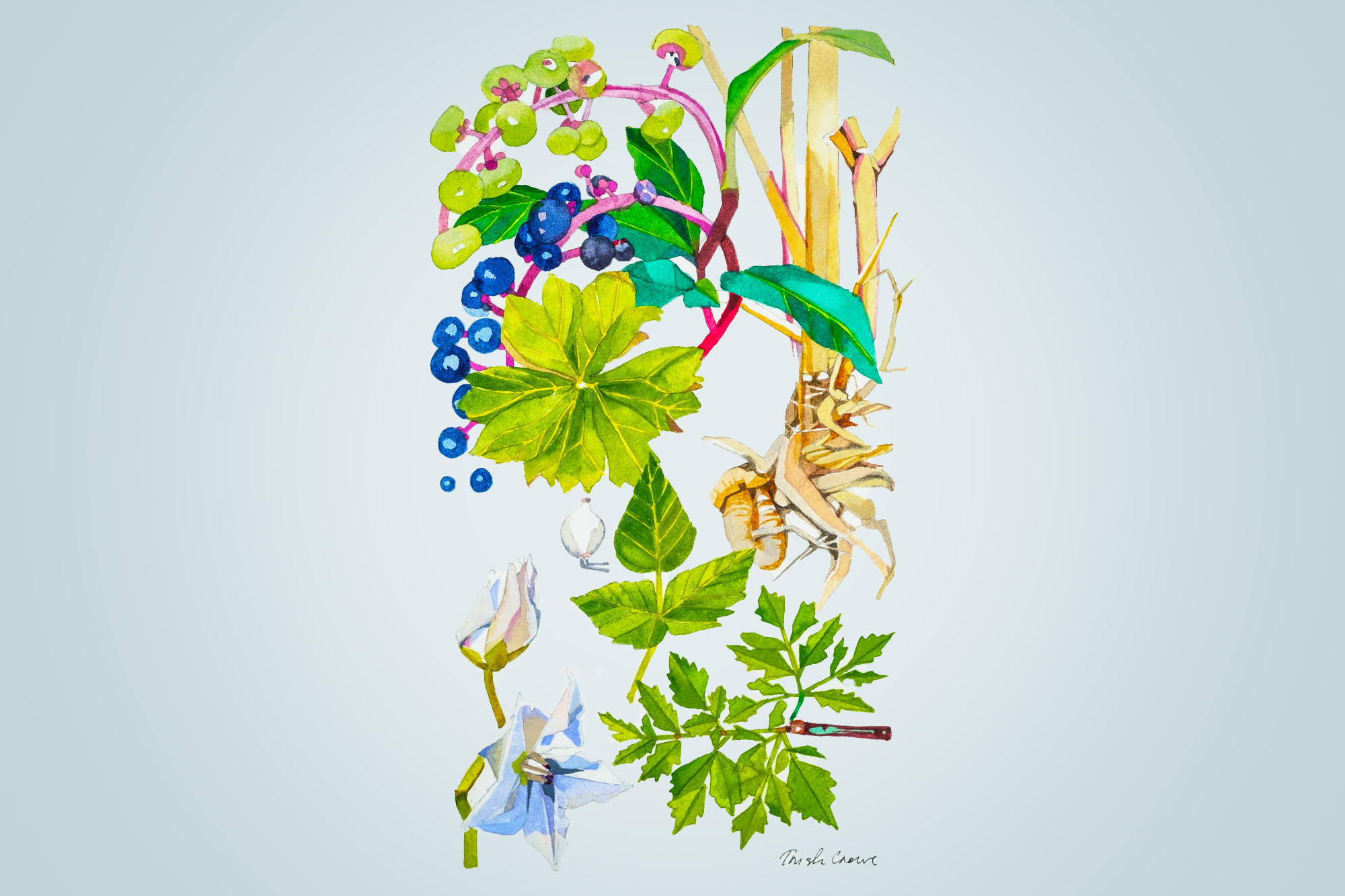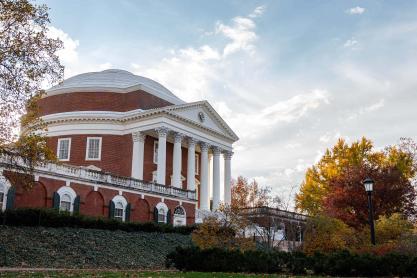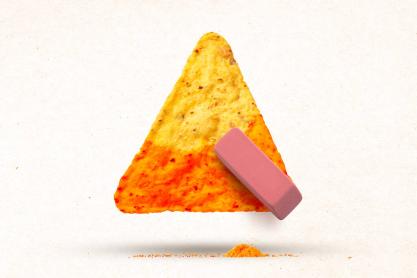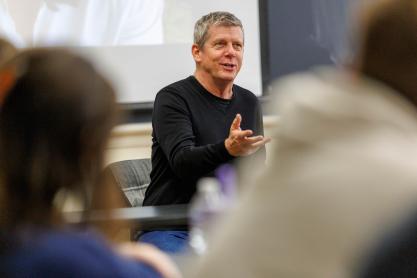An increasing number of Virginians searching for leeks are being poisoned when they instead mistakenly gathered the highly poisonous false hellebore. To help Virginians avoid accidental poisonings, an updated, expanded book to help residents identify and avoid poisonous plants found in Virginia is now available as a free download.
“The Socrates Project – Poisonous Plants in Virginia” is designed to be an easily read resource for parents and the general public as well as medical providers. Filled with full-color photographs, the publication is a ready reference for identifying the 25 poisonous plants that grow in the wild in Virginia.
This work is a collaboration between the Virginia Master Naturalists Program – a statewide corps of volunteers providing education, outreach and service dedicated to the beneficial management of natural resources and natural areas – the Blue Ridge Poison Center at UVA Health, and the University of Virginia School of Medicine’s Division of Medical Toxicology.










